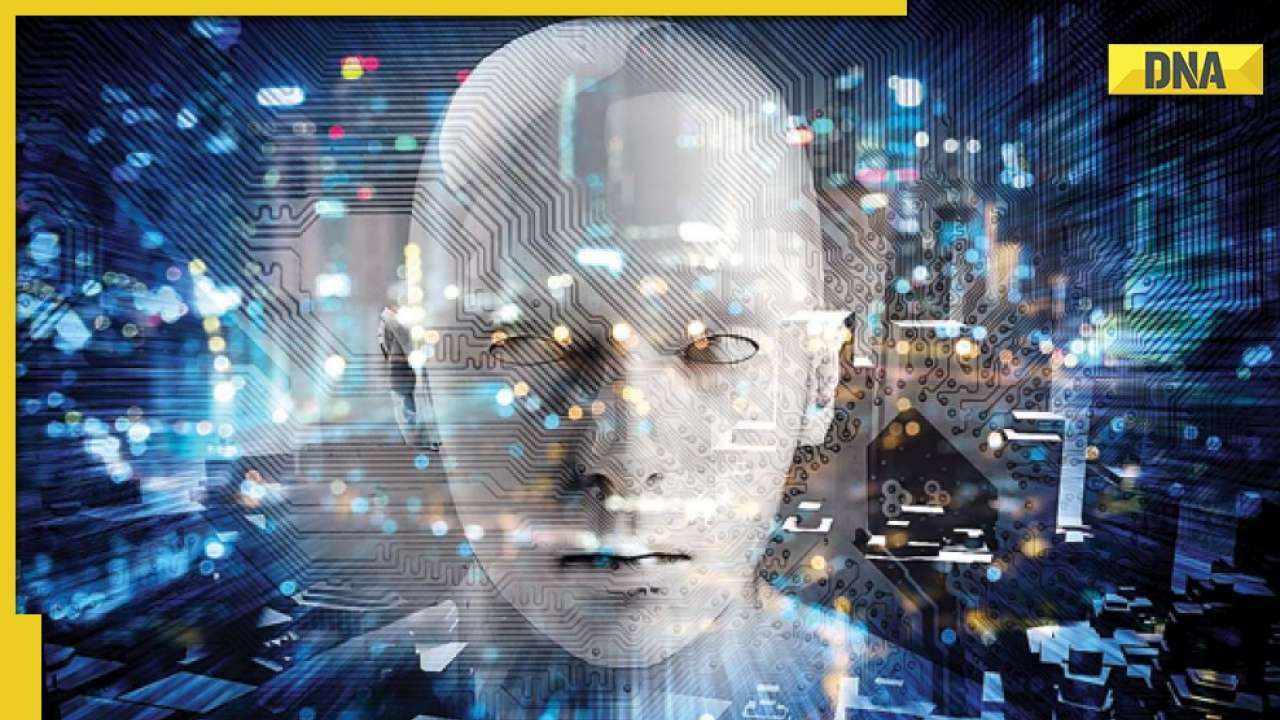
During the third week of the Ukrainian conflict earlier this year, Volodymyr Zelensky was seen in a video wearing a dark green shirt and speaking slowly and methodically from behind a white presidential podium carrying his country's coat of arms. The Ukrainian president's head was the only part of his body that moved while he spoke. His voice sounded distorted and gravelly as he appeared to urge Ukrainians to surrender to Russia.
It was immediately apparent that the tape was a deep fake, but it appeared that he said in Ukrainian, “I ask you to lay down your weapons and go back to your families,” “This war is not worth dying for. I suggest you to keep on living, and I am going to do the same.” This is the ultimate example of how deep-fakes can be used to manipulate mental states of survivors in distress.
U.S. intelligence officials are keeping an eye out for any evidence of tampering with the audio or video content of reports that have surfaced since the crisis in Ukraine began.
What are Deep-fakes?
Deep-fakes are a type of fake media in which a person's likeness is digitally altered in an already-existing photograph or video. Deepfakes use sophisticated machine learning and artificial intelligence algorithms to edit or generate visual and audio content with the intent of fooling. At first, deep-fakes were created for more questionable reasons, such as to further a company's marketing efforts. Since deep-fakes don't call for a real-life performer, they could help businesses save money on video advertising. It's possible for a marketer to get the go-ahead to use a character played by an actor instead of actually hiring the actor. The actor's previous digital recordings can be used to create a new video with scripted dialogue inserted.
The case we mentioned at the beginning of the paper is emblematic of a new application of deep-fakes: influencing the political dynamic of a country or, more recently, mobilising the people for or against by creating fake films of world leaders delivering false messages and speeches.
Surprisingly, this isn't the first time that deep-fakes have posed such a serious threat; FBI officials voiced concerns about the possibility of deep-fakes being used to sway the 2020 US Presidential elections. Fortunately, deep-fakes were not used as often as they could have been otherwise, either because of slow progress in this technology or because of the government's determined efforts to counter it. However, the stakes are much too high this time in the Ukraine crisis, as the resolution of this crisis will determine the course of world politics for decades to come.
Also, READ: Data of 6 lakh Indians stolen, sold on bot markets, close to 50 lakh users affected globally: Study
According to The Guardian, a Russian propaganda campaign called "Ukraine Today" is using fake profiles on social media platforms like Facebook, Twitter, and Instagram to spread false information about the conflict. And we are all aware that these social media platforms do not have any kind of verification in place to verify the veracity of the news or user profiles posted on them. Without proper verification, anyone can create an account on these sites and upload any type of information they like. Because of this new technology of deep-fakes, the lack of strong authentication measures by these sites can have disastrous effects on the global political stage.